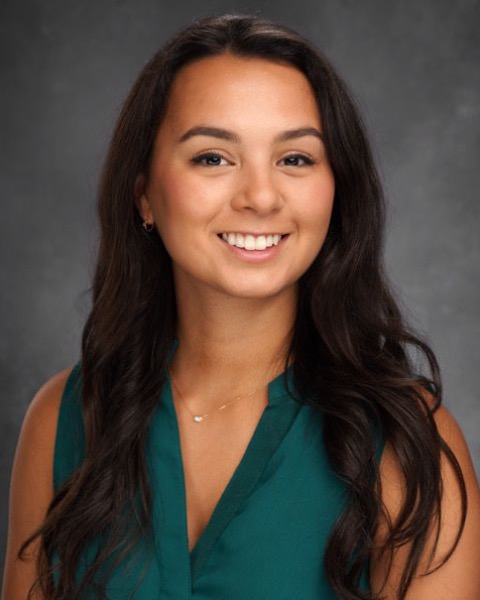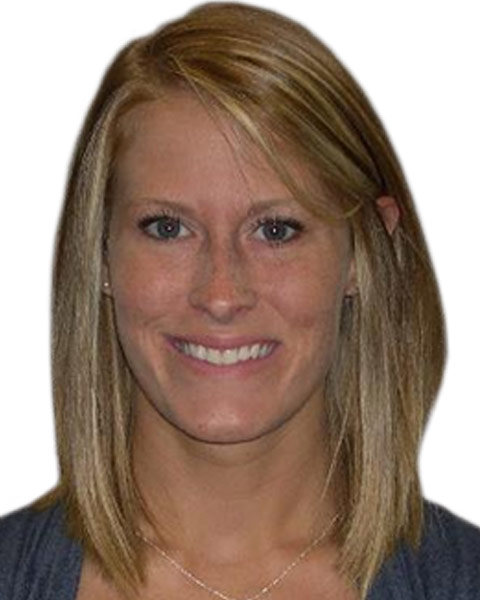Pediatrics (P)
(PP1112) Medical Provider Gaps in Knowledge Regarding Newborn Hearing Screening Protocols

Eleni Zarvos, Graduate Student
Audiology Graduate Student
University of Louisville, United States
Lynzee A. Cornell, PhD
Associate Professor
University of Louisville
Louisville, Kentucky, United States
Lead Presenter(s)
Presenter(s)
Summary:
Rationale/
Purpose:
According to the CDC, 1-3 of every 1,000 infants in the well-baby nursery and 2%-4% of NICU newborns have Congenital, permanent childhood hearing loss (ASHA, n.d.) EDHI laws are in place so that newborns have their hearing screened before they are discharged from the hospital. Babies who refer this test receive a diagnostic evaluation before they are three months old and, when necessary, receive intervention by six months old (ASHA, n.d.) A systematic review by Ravi et al. revealed that NBHS team members from health care systems show gaps in critical knowledge. Also, that team members understanding and attitudes towards early hearing detection are essential for the prevention of loss to follow up (Ravi et al, 2017). More importantly, the (NICHQ) revealed other contributing factors to follow-up loss, such as failure by hospital staff to identify newborns’ PCP, a lack of communication between health care providers, and a lack of integrated data management system tracking systems between providers. A recent NBHS program study showed that when audiologists are involved in the NBHS process, the patient is 27% more likely to receive an outpatient rescreen than NBHS without audiology involvement (ASHA, n.d.) To date, there is not a lot of research for this concept in the field of Audiology. This project aims to assess pediatric care providers’ gaps in knowledge of newborn hearing screening at a local hospital.
Design/Methods:
After completing the “NCHAM – Newborn Hearing Screening Training,” (EDHI, 2021) survey questions were derived from the online training module and used as the 18-item experimental survey.
At U of L Hospital, pediatric care providers were invited to participate in the current study via an online survey. This online survey assessed pediatric care provider gaps in knowledge based on a 1 point score out of 18 items.
Results &
Conclusions:
The recruiting and survey participation is scheduled to end in December. We will have a breakdown of how many medical providers participated in the study and the statistical analysis.
Works Cited
ASHA. (n.d.). Early Hearing Detection and Intervention (EHDI). Retrieved from American Speech-Language-Hearing Association: https://www.asha.org/advocacy/federal/early-hearing-detection-and-intervention/
ASHA. (n.d.). Loss to Follow-Up in Early Hearing Detection and Intervention. Retrieved from ASHA American Speech-Language-Hearing Association: https://www.asha.org/policy/tr2008-00302/
EDHI. (2021). NCHAM. Retrieved from Newborn Hearing Screening Training Curriculum (NHSTC 2020): https://www.infanthearing.org/nhstc/
Ravi, R., Gunjawate, D. R., Yerraguntla, K., & Rajashekhar, B. (2017). Systematic review of knowledge of, attitudes towards, and practices for newborn hearing screening among healthcare professionals. Retrieved from PubMed: https://pubmed.ncbi.nlm.nih.gov/29287854/
Learning Objectives:
- Identify the role of NBHS programs and the importance of medical provider knowledge for appropriate follow up care.
